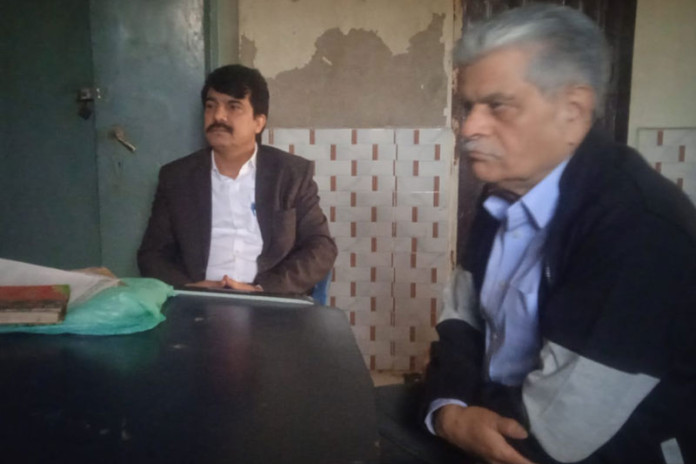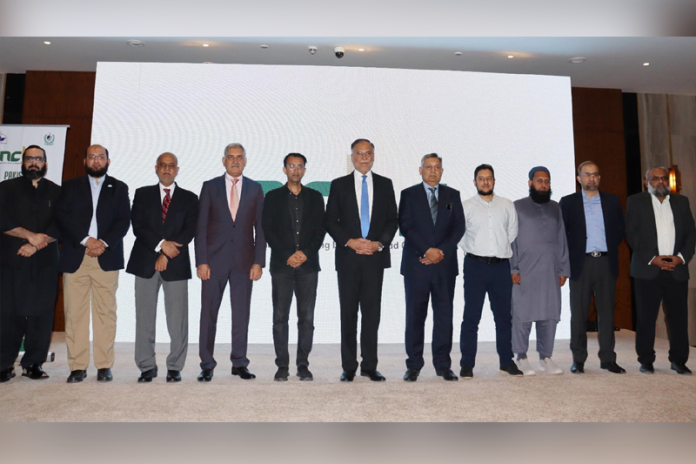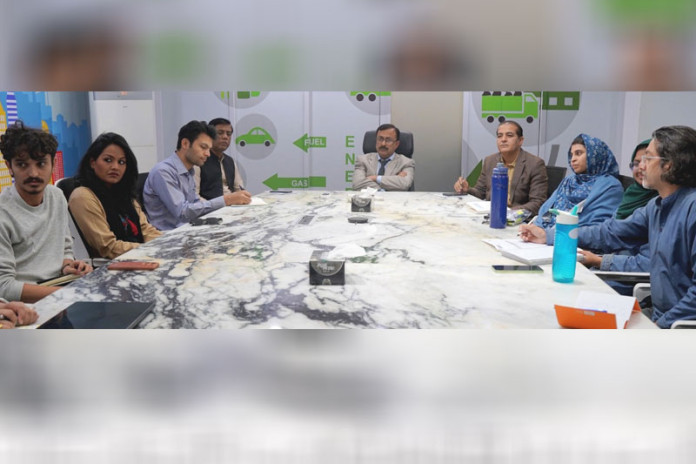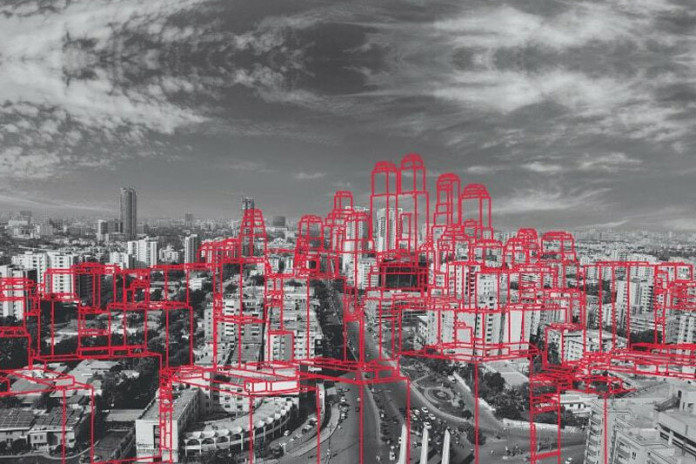Inconsistent influences aimed at use of plastic
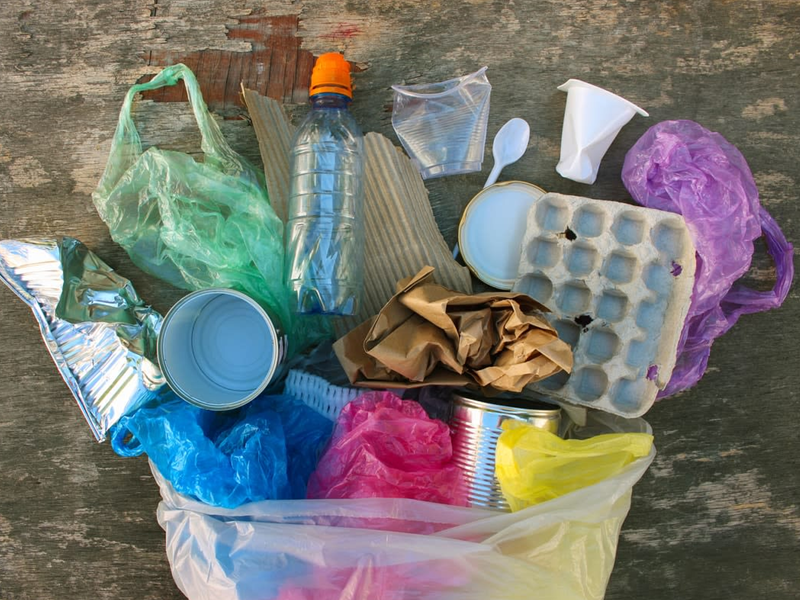
- 387
- 0
For many years, it has been a debate that the use of plastic is adequate or not? Many researches have shown that the usage severely affects human and marine life across the globe. Let’s have a detailed glance on this burning question which has been prevailing in the universe as an argument.
Undoubtedly, there has been a growing trend of restrictions and bans on plastic bag use worldwide. By mid-2018, over 127 countries had enacted regulations limiting their use, a more than threefold increase over the last decade. The latest adherents are Jakarta, the capital of Indonesia, the second-largest polluter of plastic waste into the oceans, and Japan, which ranks second for volume of single-use plastic packaging per person. On July 1, both Jakarta and Japan banned the use of free plastic bags at checkout counters.
The term “plastic” was not coined until 1909. The word was used by Leo H. Baekeland to describe a family of materials that included “Bakelite,” a compound he created from coal tar. Bakelite was used to manufacture a wide range of products, including phones, cameras, and even ashtrays. Generally, it is presumed that use of plastic contributes significantly to plastic pollution: a type of pollution that is wreaking havoc on our ecosystem. It is known to emit some radiation. Plastic bags are non-biodegradable. These are the source of deterioration of environment. These not only cause land pollution but also hazardous by creating water pollution. The use of plastic is also harmful for animals and marine creatures. Marine animals bear the burden of this influx of garbage into their habitats. Beached whales have been found with stomachs full of plastic trash. And recent studies found plastic in the guts of ninety percent of the seabirds tested and hundred percent of the turtles. Alarmingly, scientists estimate that there will be more plastic than fish in the ocean by weight in 2050. Not only is plastic estimated to kill millions of marine animals and seabirds each year, but it’s also contaminating seafood that humans have relied on for millennia, particularly with microplastics in animals’ guts. Many under water explorers have found that the marine life is almost disturbed due to the dumping of plastic material into the ocean.
Plastic sticks around in the environment for ages, threatening wildlife and spreading toxins. Plastic also contributes to global warming. Almost all plastics are made from chemicals that come from the production of planet-warming fuels (gas, oil and even coal). Our reliance on plastic therefore prolongs our demand for these dirty fuels. Burning plastics in incinerators also releases climate-wrecking gases and toxic air pollution.
Moreover, it is also risky for human life because the production of plastic bags emits some toxic chemicals and radiations which cause illness and fatigue and thus create an unhealthy life. There are theories that some plastic water bottles are carcinogenic if used over time. This means that even using a reusable plastic water bottle isn’t a great idea either. Our addiction to plastic also has negative impacts on the climate. A recent report showed that plastic production contributes to planet-warming greenhouse gas emissions at every point in its life cycle.
Due to the aforementioned reasons, approximately 75% pf the world banned the consumption of plastic., and started using alternative for that. Here another question arises that are these alternatives effective? The answer is vague this time as well! Things other than plastic got more serious / injurious / hazardous for the world. Evidence from plastic bag restrictions shows that this does reduce their use, but sometimes leads to more environmental harm if customers switch to other materials with larger resource footprints.
Instead of plastic, if the world uses paper bags, it requires 400% more energy to make, not to mention the harvesting of trees and use of noxious chemicals in production. Growing cotton “requires land, huge quantities of water, chemical fertilizers and pesticides”. Whereas, plastic bags use fossil fuels, a non-renewable resource, and are permanent, entering the waste stream forever. They may cause more pollution on land and in waterways, but have less effect on climate change and land use than other types of bags.
Researchers in psychology have observed people often harm the environment when they try to save the planet. For example, they might buy more of a product, like groceries, because they are labeled as eco-friendly the point here is that reducing plastic bag use might grant people mental license to take other actions that are more detrimental to the environment. It is pretty significant to put forth the fact that there are many bodies of health and environmental governance around the world who argue that plastic ban can be problematic stating the following reasons that when the consumers are robbed of such a large part of their convenience in everyday life they may shift towards even more harmful alternatives. Consumers may do harm in other ways, like not abiding by eco-friendly clothing or having that extra piece of meat as they feel they are being responsible for recycling and reusing. It will take a long time finding a safe and reliable alternative to plastic.
One of the surveys indicates that humans use as many as one trillion single-use carrier bags, about 128 per person per year. The total for all single-use plastic is much greater, at 150 million tons per year. Think of this as 19.23kg of single-use bottles, cutlery, straws, packaging and more for every single person on the planet. However, the latest research shows plastic bags make up only a fraction of marine debris in the waters of Indian ocean. Thin or thick plastic wraps and sacks constitute just over 13.5% of all debris items found and 8.5% of their weight.
At last, although plastic is becoming a big threat for all of us, still this problem has often been overlooked and underestimated. This is because people do not look at the long-term effect of these small, easy to carry bags they use in their everyday life. Besides all of these people keep using bags due to their convenience. However, in my opinion, things must go smoothly. As it is observed that there is an existence of both pros and cons of usage of plastic material in any term, therefore, it is suggested that people of the world should be educated for their actions. They must know how to use and when to use and where to incinerate the plastic. Anyways, some legal actions against the misuse should be taken to avoid such delinquent and collectively, we can save the earth by our actions and deeds.
Published in The Daily National Courier, May, 03 2023
Like Business on Facebook, follow @DailyNCourier on Twitter to stay informed and join in the conversation.




